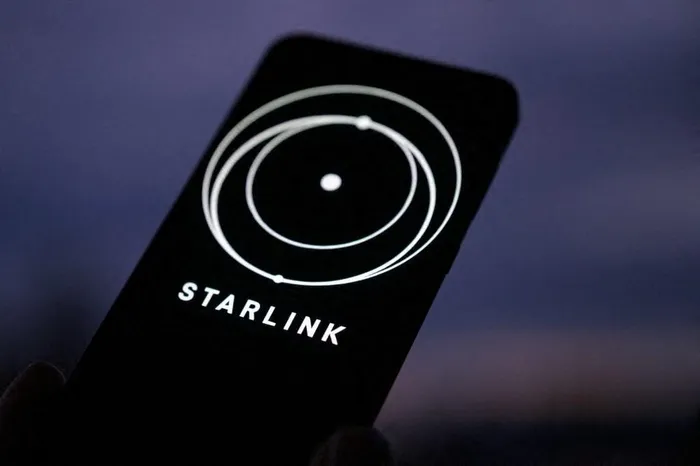Starlink-Vodacom Deal: A step forward, but not really for bridging the 'digital divide'
PARTNERSHIP HAILED

In an era where connectivity is critical for economic and social development, the partnership between Vodacom and Starlink promises to unlock vast potential across Africa, bringing the promise of digital transformation within reach for millions. But will it help bridge the "digital divide" in South Africa?
Image: Jonathan Raa/NurPhoto/AFP
The Starlink-Vodacom deal is a “welcome step forward” that provides an important alternative to traditional satellite connectivity services, but it does not change much in terms of the digital divide at consumer level.
This is how some in the telecoms industry have reacted to the news last week of Elon Musk’s low Earth orbit satellite company striking a deal with Vodacom.
The partnership was hailed as a significant transformative development when announced last week. By integrating Starlink’s satellite backhaul into Vodacom’s mobile network, the initiative is expected to accelerate coverage expansion while enhancing network performance in rural areas, delivering high-speed internet services to businesses across Africa. But how much of a change is this development?
“The other question that comes up is, ‘is this gonna help us with the digital divide (connecting more people and making connectivity more affordable)?’ And it doesn’t really, because businesses are not buying this (the Starlink service) to help the digital divide … but because there’s an enterprise requirement behind it,” said Jens Langenhorst, founder of telecoms consultant business Specialized RF.
He said the service will instead be for reselling enterprise and business packaging.
Explaining what the deal means for the industry and businesses in general on Monday, Langenhorst said the partnership simply makes available another player in the local market, bringing about more choice and competition. Asked what will change for the South African consumer, he likened it to buying car insurance and said the pricing from a consumer point of view will be “very, very similar” but there will be more options and as more players come into the field, all the players are going to have to “pull up their socks”.
“Let’s say you’re a mine, or a private game lodge, or even a big farming enterprise in a place where thus far had been struggling getting good connectivity. Well, you’ve got another option now,” he said.
BBBEE impasse
Langenhorst, a member of the Wireless Access Providers Association (WAPA), avoided commenting directly about the Broad-Based Black Economic Empowerment impasse that has so far prevented Starlink from entering the local market directly.
“I don’t really have insight into the political side of things, so I can’t really answer that one. If you read some of the commentary, there’s different points of view as to how to solve that impasse, but it’s beyond my scope.”
He said what he was looking forward to seeing was the entry into the South African market of the Amazon Leo service, which is around the corner and will be a direct competitor to Starlink’s consumer broadband-type service.
He said Amazon Leo – previously known by its development code name of Project Kuiper – has launched and already has more than a hundred satellites orbiting the Earth. He said it would be interesting to see how the company enters the local market.
“At some point something’s gotta give. I can’t see South Africa kind-of holding up and saying ‘we’ll never allow this kind of service in the country… I think that would be a mistake,” he said.
He said every business or development that comes in to help improve education and get people connected “gets a tick from me”. He said improving access to internet connectivity helps “level the playing field”.
“The more people we can get connected, the better it is. We saw … so many initiatives already in this country that have actually shown small, positive movements … for me that’s the critical thing. Every step forward that drives our economy, that drives connectivity, gets more people connected so that they can educate themselves …”
Related Topics: